.jpg)
In today's workplace, everything we do—whether it's scheduling a meeting or analyzing a spreadsheet—intersects with HR systems. Your goals, feedback, team interactions, financial outcomes, hiring processes, leadership, and benefits administration are all woven into the HR technology stack. As we embrace these tools (with the average large company using around 80 applications), they are beginning to integrate seamlessly.
What folks call the Human Resources Management Information System (HRMIS) is the integration of an array of HR functions like onboarding, payroll, performance management, employee engagement, etc. The HR software market is one of the largest in the world, valued at a staggering $250 billion. This vast market encompasses payroll systems, core HR platforms, recruiting, training, benefits, and a myriad of other applications. Over the past four years, driven by the shift to hybrid work and the challenges of the Covid-19 pandemic, this market has seen explosive growth. The HR technology market is on a roll too. It is expected to grow from $23.32 billion in 2021 to $38.36 billion in 2030. (Source: Verified Market Research).
HRMIS amid shifting workforce trends
A recent Workforce survey reveals that many employers are eager to replace, upgrade, reimagine, or re-implement their core HR systems. Their goal is to make these systems more user-friendly for employees and easier to maintain from an IT perspective.
The future of HR is people centred and data-driven, leveraging nuanced insights and the power of Generative AI. We're moving towards a skills-based workforce, prioritizing abilities over traditional qualifications. This shift is driving investments into talent marketplace platforms and the creation of centralized people data lakes. The rise of a predominantly millennial workforce is driving significant changes in employee preferences, pushing companies to innovate and adapt.
How Tech can scale up outcomes of HRMIS
.jpg)
Traditional HRMIS were often siloed, data-heavy systems that struggled to provide real-time insights. However, the integration of Artificial Intelligence (AI), Machine Learning (ML), and cloud computing has ushered in a new era of HRMIS that are dynamic, predictive, and deeply insightful.
AI and ML for Predictive Analytics: Modern HRMIS harness AI and ML to analyze vast employee data, predicting turnover trends, identifying high-potential employees, and suggesting personalized career paths. This shift from reactive problem-solving to strategic workforce planning transforms HR's role.
Cloud-Based Systems for Accessibility and Scalability: Cloud-based HRMIS offer unmatched accessibility and scalability. They enable real-time collaboration, seamless updates, and the ability to access critical HR data from anywhere—essential in our increasingly remote work environment.
Blockchain for Data Security and Verification: With data privacy concerns at an all-time high, blockchain technology ensures the security and immutability of sensitive employee information. It also streamlines the verification of credentials and work history.
IoT for Enhanced Employee Experience: IoT devices create smart workplaces by tracking occupancy, optimizing space usage, and monitoring employee well-being, feeding valuable data back into the HRMIS.
Rethinking governance in The Gambia with cutting-edge HRMIS
CSM Tech has achieved a significant milestone in its partnership with the Government of Gambia by securing a contract with the Ministry of Finance & Economic Affairs (MoFEA) to design and implement a comprehensive HRMIS as part of the Gambia Fiscal Management Development Project (GFMDP). This contract tasks CSM Tech with developing a strategy for rolling out the system across all Ministries, Departments, and Institutions within the Republic of Gambia.
By introducing a state-of-the-art HRMIS, we're not just streamlining processes—we're laying the groundwork for a more efficient, transparent, and responsive government. This initiative marks a pivotal step towards modernizing Gambia's public sector and enhancing its fiscal management capabilities.
CSM’s open-source HRMIS is a comprehensive, interoperable, and customizable solution that revolutionizes enterprise-level human resource management. This end-to-end system integrates all essential functionalities, ensuring seamless HR compliance from talent acquisition to lifecycle management and professional development.
Our HRMIS empowers organizations to harness the power of HR analytics, transforming data into actionable insights that drive strategic business decisions and enhance outcomes. Its modular design allows for easy integration with legacy systems, offering unparalleled flexibility and adaptability. By implementing CSM’s HRMIS, enterprises can streamline processes, boost efficiency, and stay ahead in today's competitive landscape.
Future-proofing the most valued asset
The reimagining of HRMIS through technology is not just about digitization; it's about transformation. It's about creating a more responsive, data-driven, and human-centric HR function that can navigate the complexities of the modern workplace. As organizations continue to invest in these technologies, they're not just upgrading their systems – they're future-proofing their most valuable asset- their people.










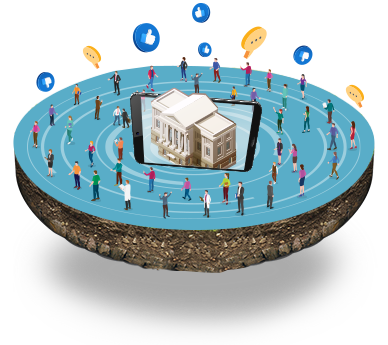






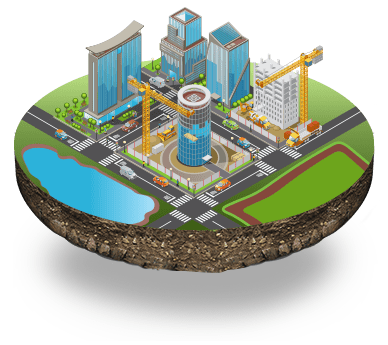
















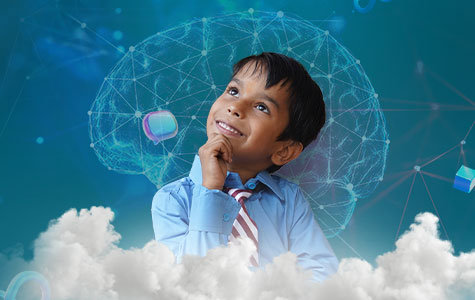
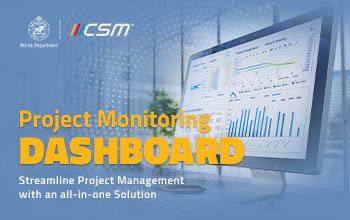


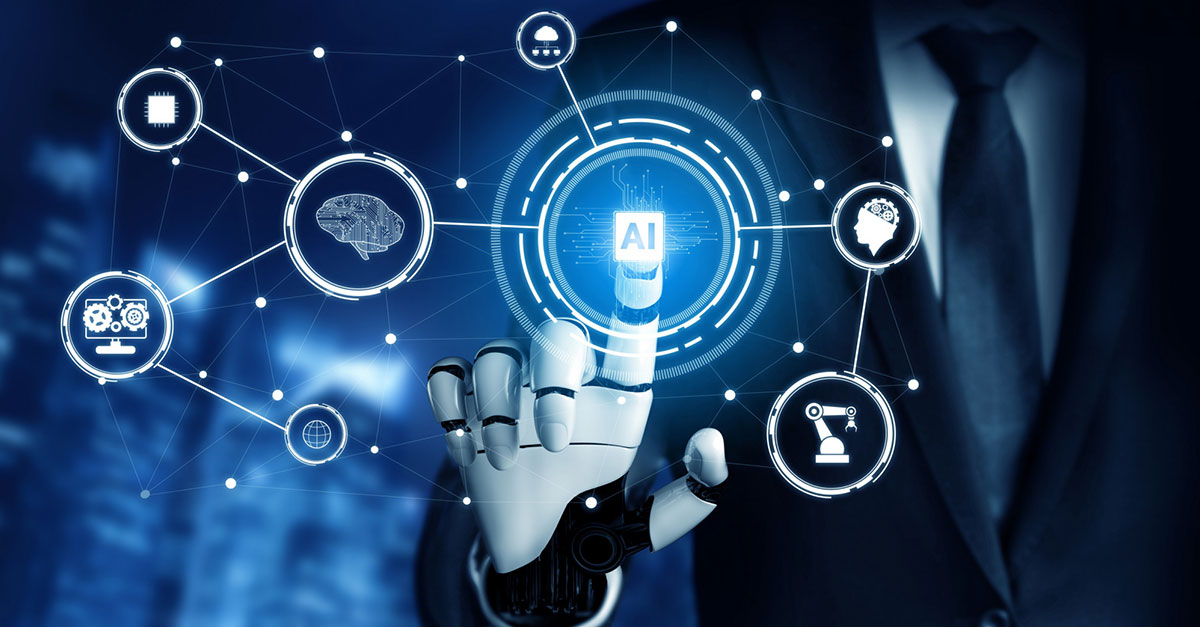
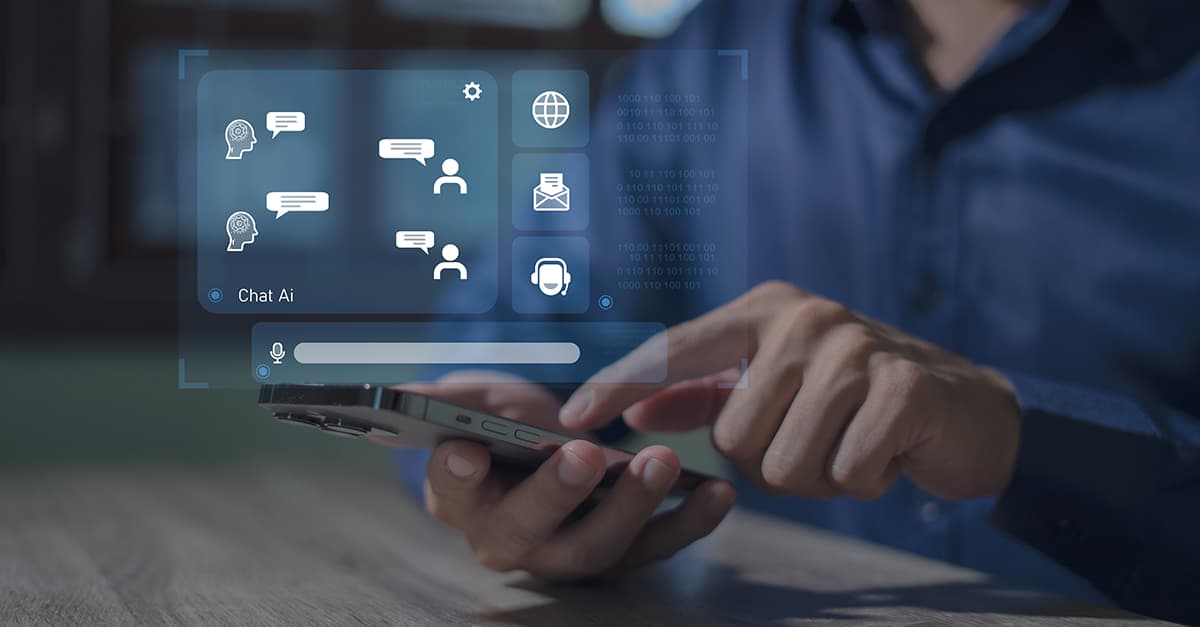

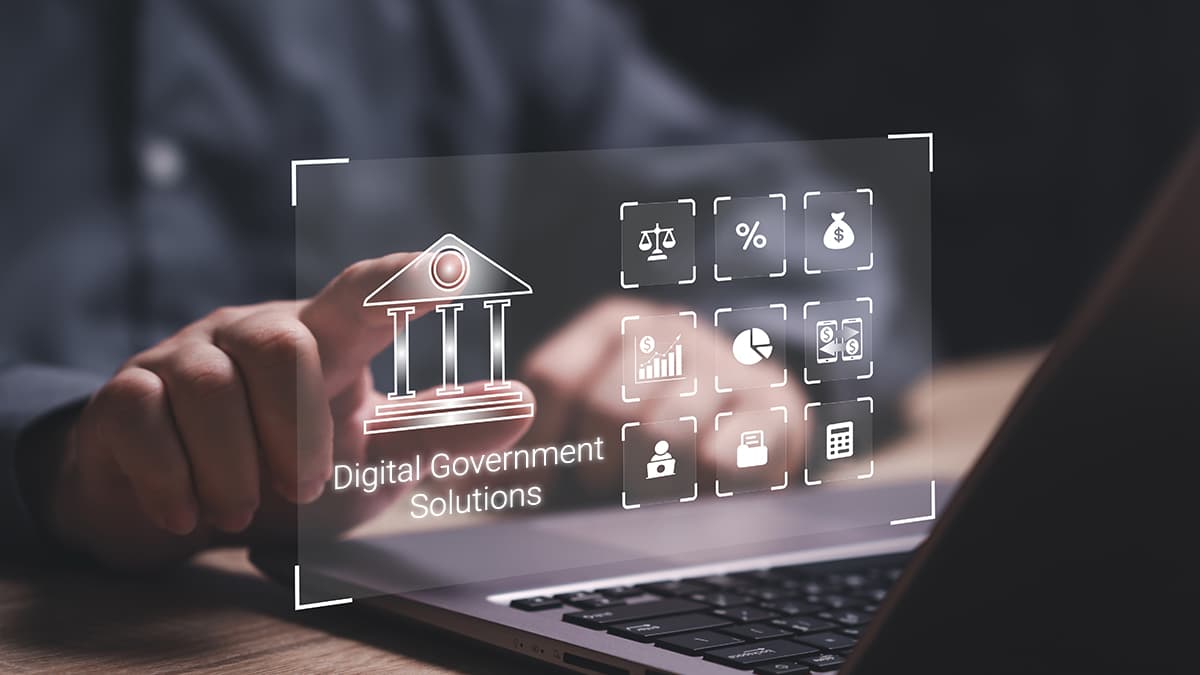
















We will verify and publish your comment soon.